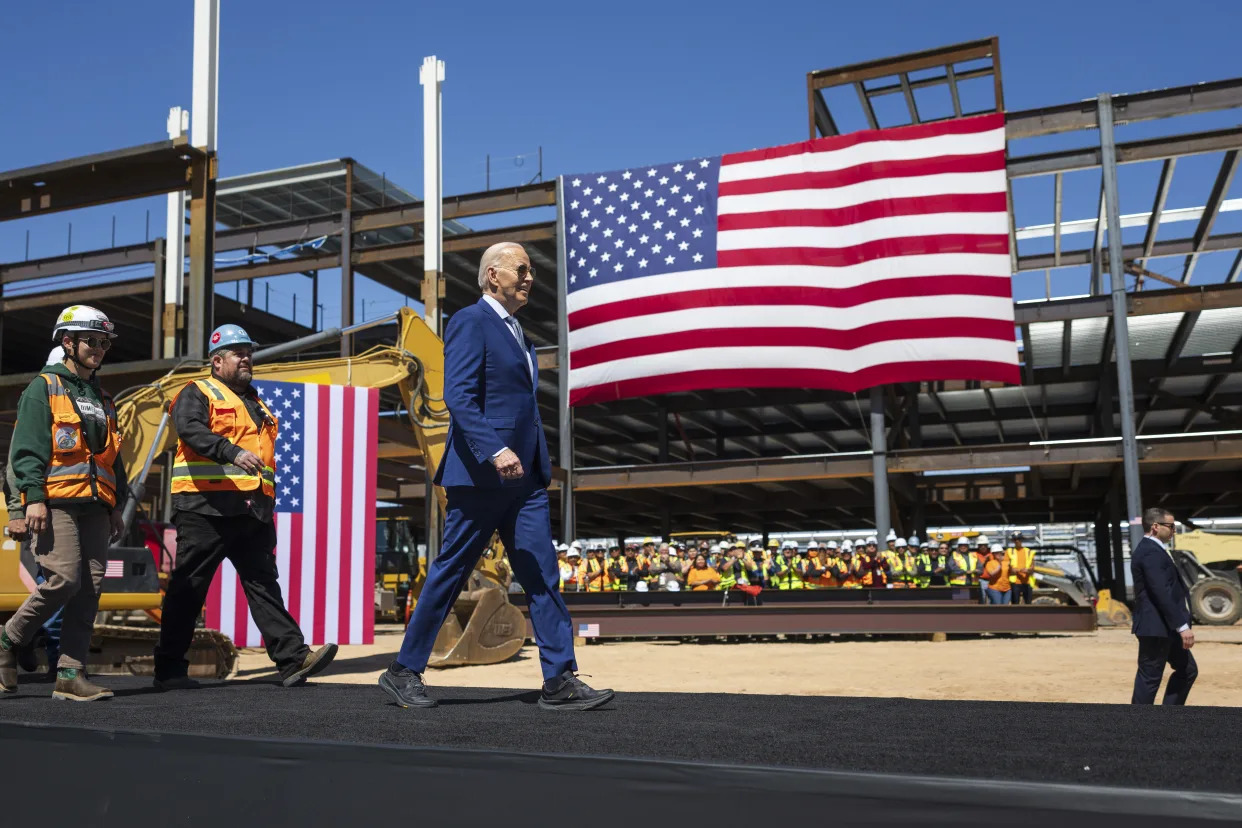Corporations use government grants to lighten debt load
Government cash grants are a growing but under-disclosed source of corporate financing
ALL CPITALI$M IS STATE CAPIALI$M
Local and state governments have a variety of tools at their disposal to attract businesses or entice them to stay. One is tax relief. Austin, for example, helped lure electric automaker Tesla in part with property tax rebates worth $14 million over 10 years.
In a study released today from Texas McCombs, Dean and Accounting Professor Lillian Mills finds that another kind of government aid — cash grants — has a different kind of impact. It helps companies lighten their balance sheets by borrowing less.
Corporations that get government cash infusions have debt that’s 2%-3% lower than companies that haven’t received them, the study shows. The reason: Companies that receive the grants can factor the money into their financing upfront, making them less likely to borrow additional funds for capital investments.
That’s good news for the companies, but it’s often hidden by veils of corporate secrecy, says Mills. “Traditionally, corporations have not voluntarily disclosed the government assistance they receive, which makes it difficult for shareholders to effectively value the benefit.”
To pierce the veil, with co-author Ryan Hess, Ph.D. ’21, of Oklahoma State University, Mills analyzed data on corporate financial awards from federal, state, and local governments from 2003 to 2013. The data was compiled from public records by the nonprofit Good Jobs First. Some other findings:
New Corporate Obligations. As a condition of getting a grant, a company often has to make measurable commitments. It might agree to hire a certain number of new employees locally or set wages at a certain level, with penalties if it doesn’t hit targets.
Under-Disclosure. In most cases, companies aren’t publicly disclosing the grants they receive or the obligations they take on.
This under-disclosure is a problem, says Hess. “We don’t really have a good idea as to who’s receiving the assistance. At the same time, we’re seeing that government assistance is just continuing to grow.”
In 2022, the U.S. government gave assistance totaling over $37 billion, compared with $9 billion in 2003, according to Good Jobs First.
Stakeholders Stiffed. Information on grants and obligations is important for shareholders, investors, and the public alike, Hess says. Lacking such information, investors might overvalue a company. If assistance goes away in the future, the company may have to take on more debt, dragging down its stock price.
“As an investor, if you’re aware of government assistance, you may want to do more digging,” says Hess.
People need to know where their tax dollars are going, he adds, as well as what conditions their city’s major employers have to stick to. If a company fails to meet an obligation and loses its grant, it might not be able to stay in the community, hurting the local economy.
More Transparency on the Way? Stakeholders might find such information more accessible in the near future, Mills says. The Financial Accounting Standards Board (FASB), which sets corporate accounting rules, is developing one on disclosing government grants.
“We look forward to seeing how the disclosure of government assistance evolves under the FASB’s new accounting standard on government assistance,” Mills says. “Stakeholders of both the corporations and the jurisdictions awarding assistance should benefit.”
“Government Assistance: A Growing, Under-disclosed Financing Source” was published today, March 26, 2024, in Accounting Horizons.
JOURNAL
Accounting Horizons
METHOD OF RESEARCH
Observational study
SUBJECT OF RESEARCH
People
ARTICLE TITLE
Government Assistance: A Growing, Underdisclosed Financing Source
ARTICLE PUBLICATION DATE
26-Mar-2024































